This massive crack in Kenya could literally split Africa in two
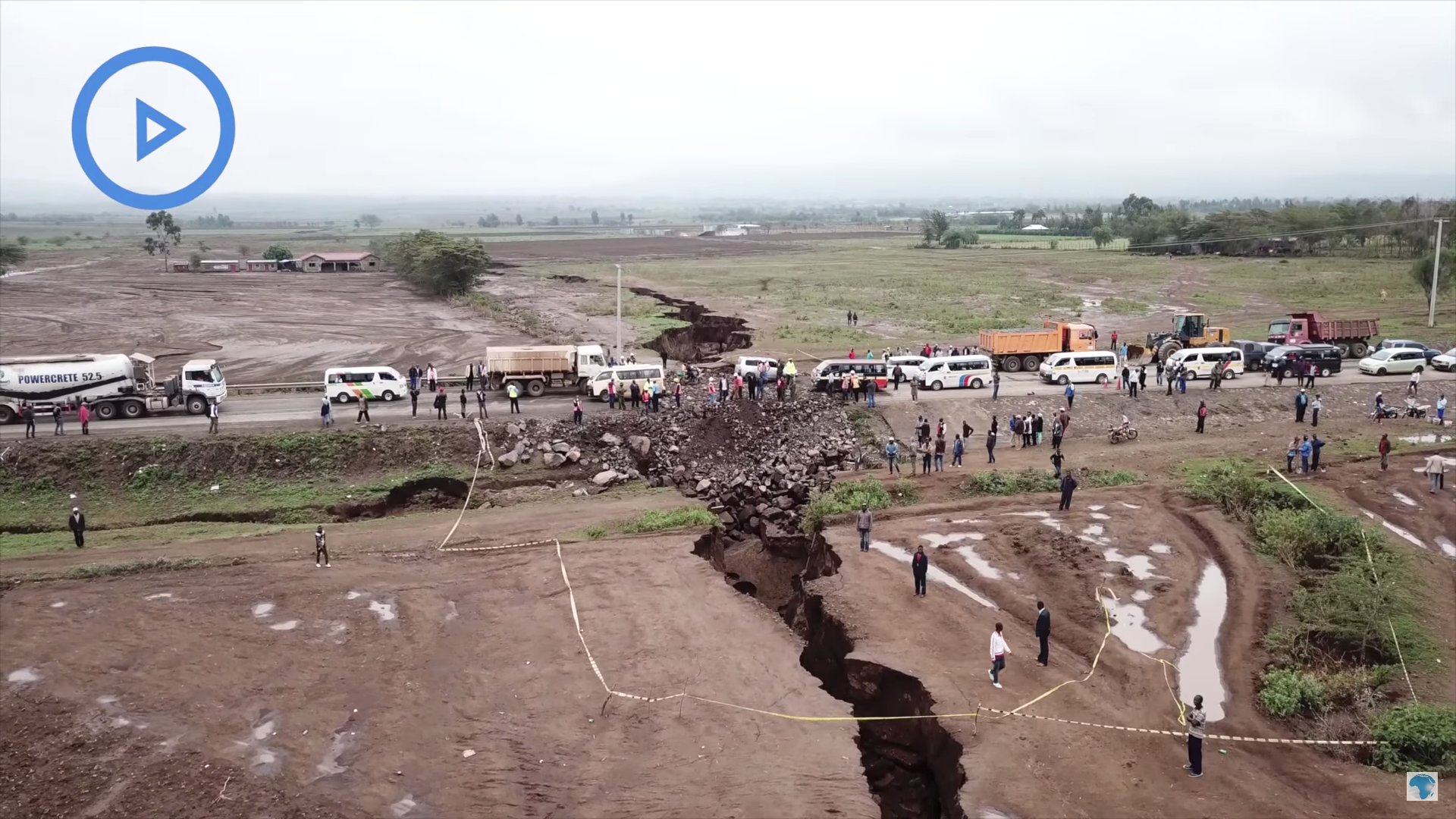

Two sides of Africa are currently going through a breakup.
The earth recently split open in Kenya, creating a miles-long crack that measured more than 50 feet deep and 65 feet across. The event, prompted by heavy rains and seismic activity in the area, provided evidence that Africa could one day split into two continents, National Geographic reports.
The crack appeared suddenly, but the eventual split wouldn't be complete for several millions of years, geologists predict. The tear formed along the East African Rift, a 3,700-mile stretch where two tectonic plates are moving away from each other. In 50 million years or so, this rift could mean that Somalia, Kenya, Ethiopia, and Tanzania could eventually split off from the rest of the continent.
Subscribe to The Week
Escape your echo chamber. Get the facts behind the news, plus analysis from multiple perspectives.

Sign up for The Week's Free Newsletters
From our morning news briefing to a weekly Good News Newsletter, get the best of The Week delivered directly to your inbox.
From our morning news briefing to a weekly Good News Newsletter, get the best of The Week delivered directly to your inbox.
Scientists have known about this possibility for years, but the crack still came as a surprise to Kenyans when it appeared in late March. Part of the Nairobi-Narok highway collapsed, and one witness told Reuters that the earth cracked so quickly that he scarcely escaped his house before it collapsed. One house split in two, Face2Face Africa reports — much to the surprise of the family who was inside eating dinner when it happened.
Watch drone footage of the split below, via DailyNation. Summer Meza
A free daily email with the biggest news stories of the day – and the best features from TheWeek.com
Summer Meza has worked at The Week since 2018, serving as a staff writer, a news writer and currently the deputy editor. As a proud news generalist, she edits everything from political punditry and science news to personal finance advice and film reviews. Summer has previously written for Newsweek and the Seattle Post-Intelligencer, covering national politics, transportation and the cannabis industry.
-
 August 3 editorial cartoons
August 3 editorial cartoonsCartoons Sunday’s political cartoons include a human data center, Donald Trump's enterprising spirit, and more
-
 5 darkly funny cartoons about Israel blocking aid to Gaza
5 darkly funny cartoons about Israel blocking aid to GazaCartoons Artists take on forcing famine, avoiding aid, and more
-
 The easy elegance of Cap Ferret
The easy elegance of Cap FerretThe Week Recommends 'Elemental and otherworldly' destination is loved for its natural beauty
-
 'Thriving' ecosystem found 30,000 feet undersea
'Thriving' ecosystem found 30,000 feet underseaSpeed Read Researchers discovered communities of creatures living in frigid, pitch-black waters under high pressure
-
 New York plans first nuclear plant in 36 years
New York plans first nuclear plant in 36 yearsSpeed Read The plant, to be constructed somewhere in upstate New York, will produce enough energy to power a million homes
-
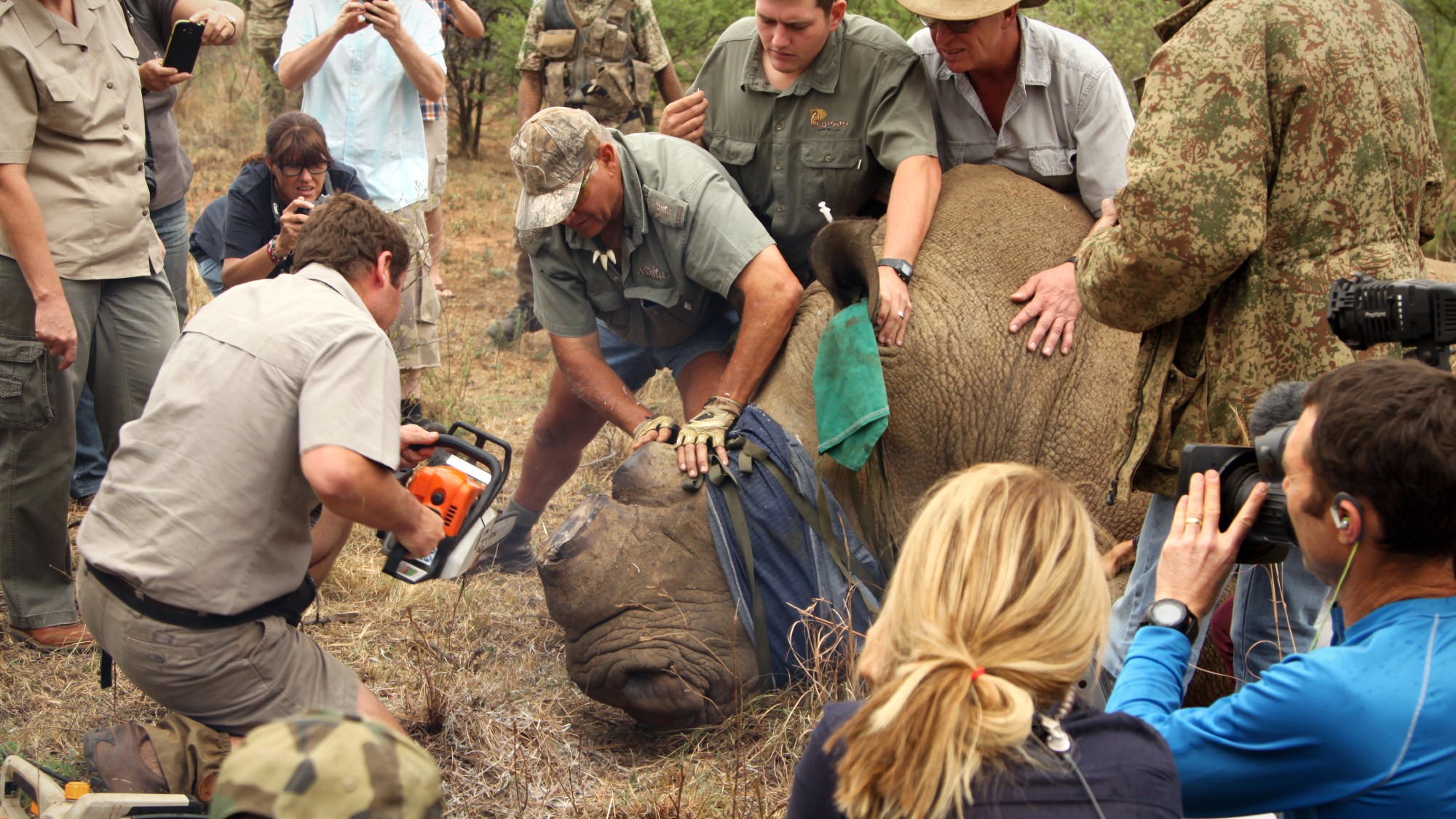 Dehorning rhinos sharply cuts poaching, study finds
Dehorning rhinos sharply cuts poaching, study findsSpeed Read The painless procedure may be an effective way to reduce the widespread poaching of rhinoceroses
-
 Breakthrough gene-editing treatment saves baby
Breakthrough gene-editing treatment saves babyspeed read KJ Muldoon was healed from a rare genetic condition
-
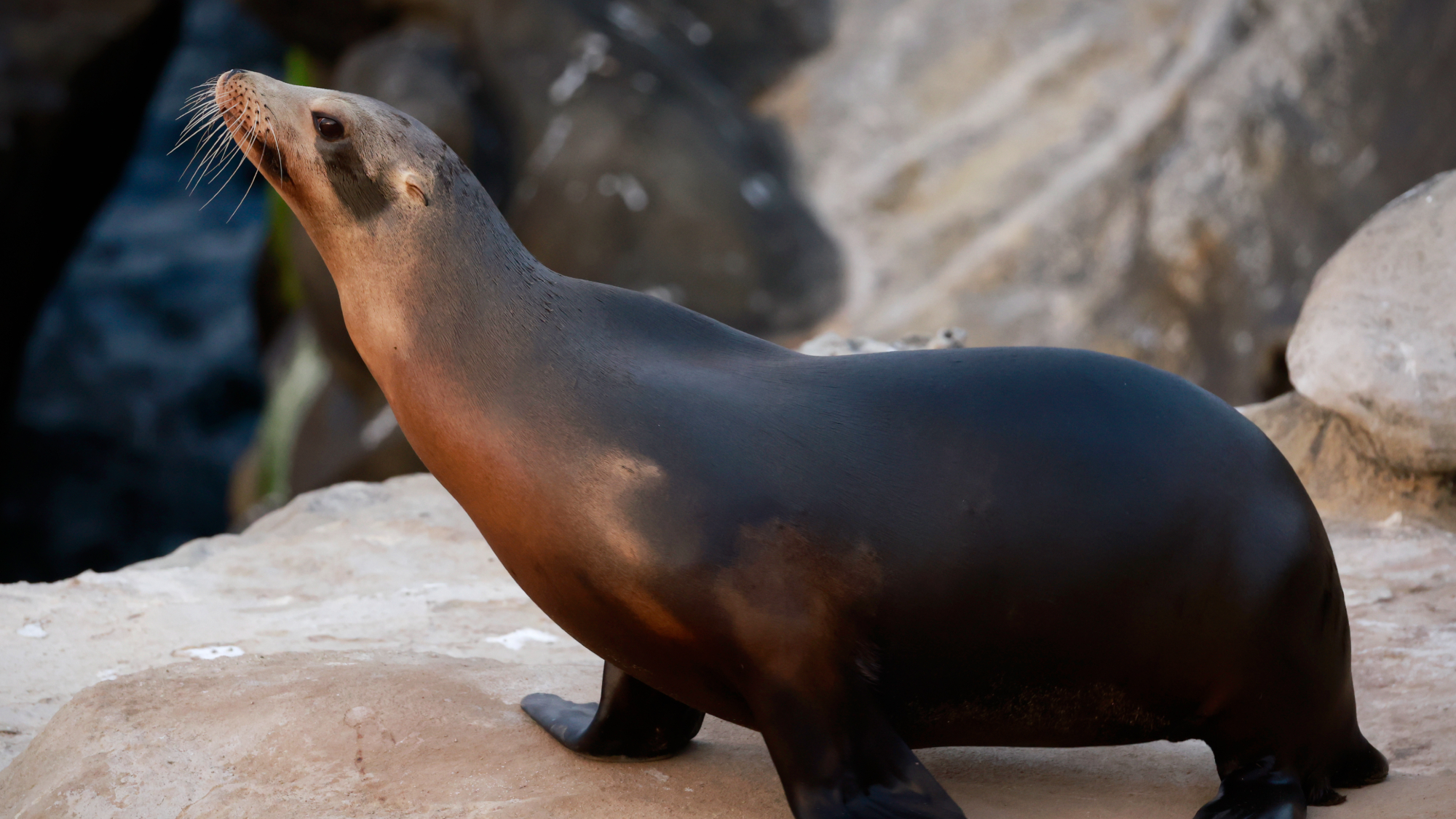 Sea lion proves animals can keep a beat
Sea lion proves animals can keep a beatspeed read A sea lion named Ronan beat a group of college students in a rhythmic dance-off, says new study
-
 Humans heal much slower than other mammals
Humans heal much slower than other mammalsSpeed Read Slower healing may have been an evolutionary trade-off when we shed fur for sweat glands
-
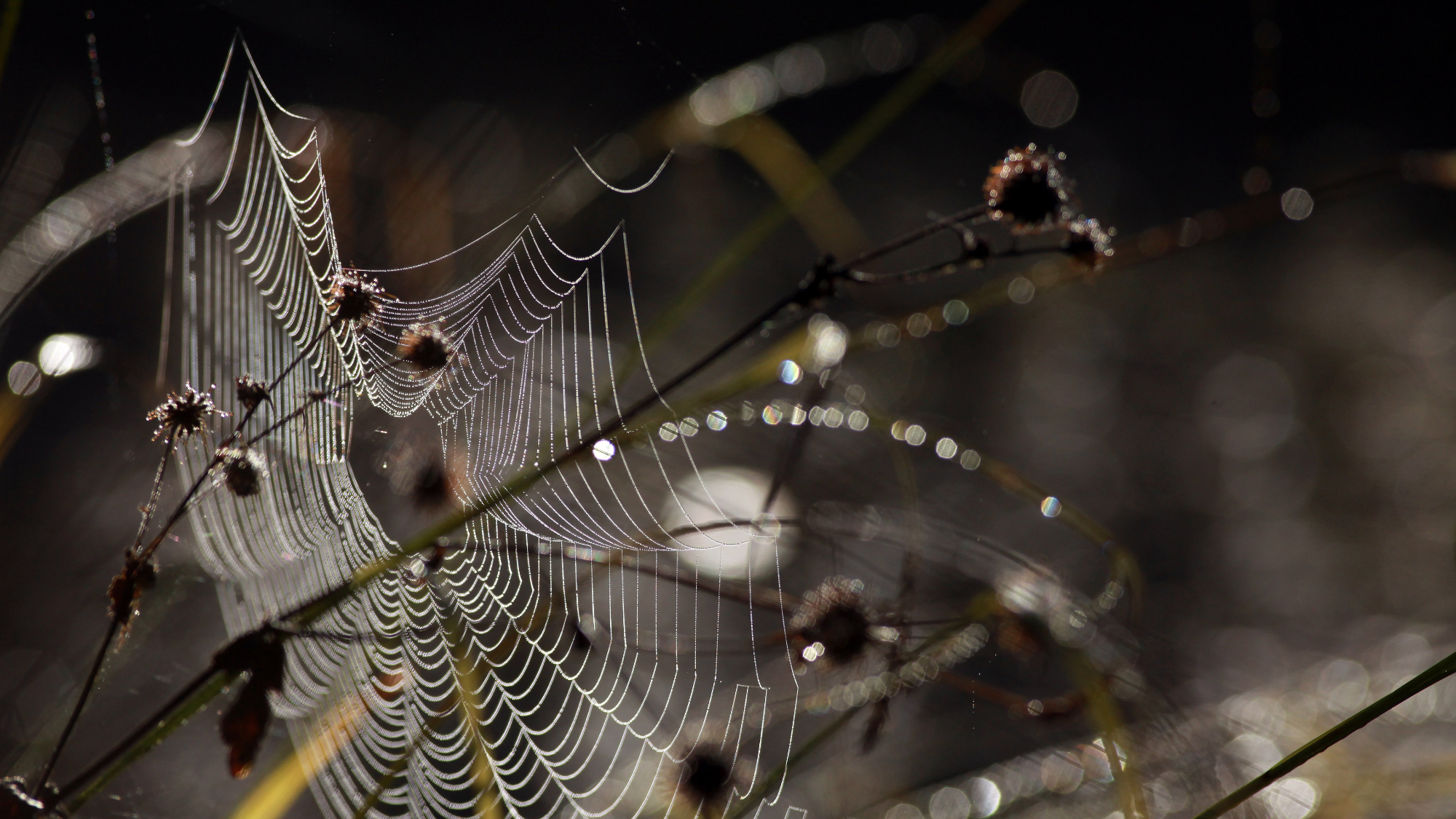 Novel 'bone collector' caterpillar wears its prey
Novel 'bone collector' caterpillar wears its preySpeed Read Hawaiian scientists discover a carnivorous caterpillar that decorates its shell with the body parts of dead insects
-
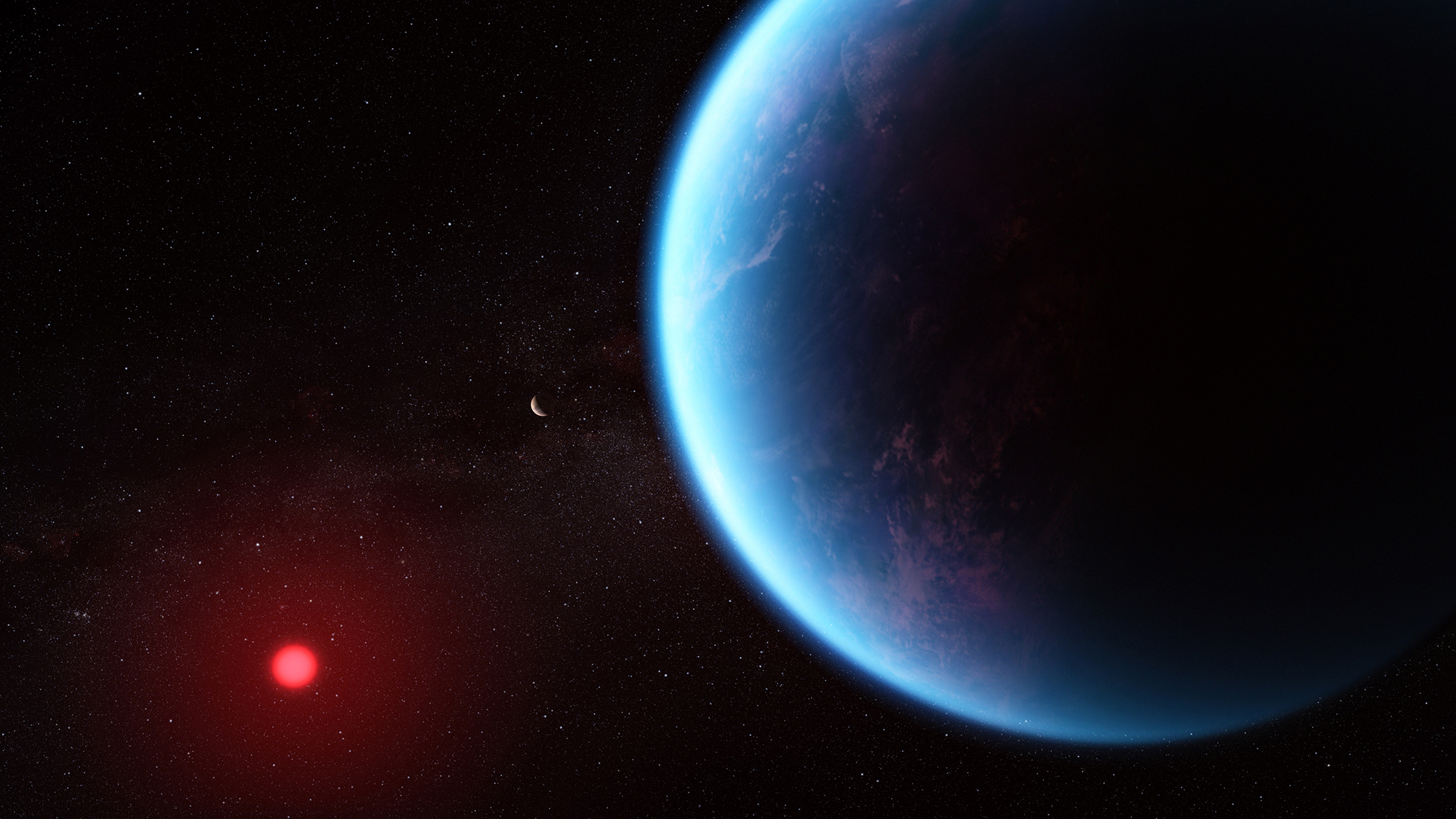 Scientists find hint of alien life on distant world
Scientists find hint of alien life on distant worldSpeed Read NASA's James Webb Space Telescope has detected a possible signature of life on planet K2-18b

